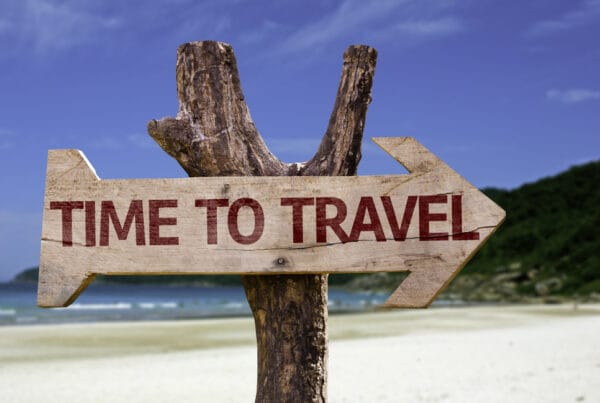What is Jet Lag?
Jet lag is fatigue caused by travelling abruptly across different time zones. Another name for jet lag is ‘time zone change syndrome’.
As more airlines are flying to long haul destinations the problem of jet lag is increasing for both passengers and crew. The body is synchronised to night and day by the action of sunlight through brain chemicals or neurotransmitters, especially melatonin. Many bodily processes are timed on this 24-hour physiological ‘clock’. These include temperature, hormones, digestion, heart rate, blood pressure and brain states. This changing rate of activity over each 24-hour period is called the circadian rhythm (‘circadian’ means approximately one day).

Circadian rhythms regulate our sleeping patterns and need time to adjust, so crossing time zones in a short time can cause jet lag. Lack of sleep before and during travelling can also contribute to jet lag. There is no cure for jet lag, but its effects can be reduced with careful planning.
The older a person is, the more severe their symptoms will normally be, and the longer it will take for their body clock to get back into sync. Children usually have milder symptoms, and they recover faster.
Symptoms of Jet Lag
- Fatigue
- Sleep disturbance
- Digestive upsets/loss of appetite/nausea/change in bowel habits
- Impaired judgement and decision making
- Poor concentration
- Irritability
- Headaches
- Irregular menstruation pattern
West is Best!
Jet lag is worse on eastbound travel. Your circadian rhythm (body clock) is less confused if you travel westward as travelling west ‘prolongs’ the body clock’s experience of its normal day-night cycle (the normal tendency of the body clock in most of us is slightly longer than 24 hours). Travelling eastwards, however, runs in direct opposition to the body clock. If you suffer badly from jet lag, it may be worthwhile considering a westerly travel route if possible.
For jet lag to occur, there must be an east-west or west-east movement.

Pre-travel:
- Ensure you are well rested prior to travel. If you are flying westward, try to go to sleep as late as possible for two to three days before you leave. This will make it easier to adapt to the new location.
- Plan your trip – try to include an overnight stop over for long haul destinations. Ensure your itinerary minimises sleep loss.
- Choosing flights that arrive in the early evening local time, so that you can aim to sleep around 10.00 p.m.
- Preparing for a long flight eastward, by getting up and going to bed early for several days before, and for a westward flight, get up and go to bed later.
- Remember home to destination travelling time is significantly greater than just flight time.
- People who keep physically fit, rest properly, and eat a well-balanced diet appear to have fewer and less severe symptoms than someone who is less fit.
- Controlling underlying medical conditions as existing medical conditions, such as lung disease, heart disease, or diabetes, can make symptoms worse. Ask your doctor or travel health practitioner for advice before making a long-haul trip.
During the flight:
- Take naps on the flight.
- Walk regularly around the cabin. When seated ensure to do calf and ankle stretches. to aid circulation.
- Wear loose, comfortable clothing.
- Wear earplugs.
- Wear an eye mask.
- Maximise comfort with a pillow supporting your neck and head.
- Try to resist taking sedating medication on a flight as it causes immobility and higher risk of dehydration and DVTs.
- Keep hydrated with water, NOT alcohol or caffeine which increases dehydration. Jet lag is made worse by a hangover.
- Avoid heavy meals. Eat small meals frequently, choosing lighter foods like fruit and vegetables.
- Changing your watch to the destination time zone as soon as you board the plane.

On arrival at destination:
- Sleep at a “normal” time for the destination time zone.
- Avoid heavy commitments or strenuous activities on the first day after a flight. Prepare to be tired. The internal body clock of a jet-lagged traveller is out of synchronisation with the new time zone and is still operating on ‘home time’. Different bodily processes adjust to the new time zone at different speeds. Depending on the individual, the body needs anywhere from a few days to a few weeks to acclimatise to the new time zone.
- For short trips, stay on home time.
- Avoid alcohol or caffeinated drinks for a few hours prior to sleep at night.
- Use relaxation techniques.
- Experiments show exposure to bright light in the early part of the day will shorten (bring forward) the normal circadian rhythm and exposure later in the day (delays) lengthens the rhythm. For example, for a time difference of 6 hours or less and travelling eastbound, you need 30 minutes of light in the morning at your destination. Vice versa, travelling westbound, you need light at the end of the day.
- There have been reports of some benefits from either melatonin or very short-acting sedatives. Some travellers find taking regular melatonin helpful in regulating their circadian rhythm. Melatonin is a naturally occurring substance secreted in the brain by the pineal gland during night time i.e. darkness. The melatonin level reaches a peak at 4am. Bright light is known to suppress melatonin levels. A dose taken during the night has no effect but by bringing the dose forward or delaying it, can advance or delay the circadian cycle. The effect is greatest during the day. Discuss with your doctor or travel health practitioner.
In general, it may take you up to a week to get over jet lag depending on the number of time zones you have travelled through. It takes one day to recover from each time zone crossed.
Happy travelling!
https://www.betterhealth.vic.gov.au/health/healthyliving/jet-lag
https://www.medicalnewstoday.com/articles/165339.php
https://www.webmd.com/sleep-disorders/features/jet-lag-remedies#1
Written by Catherine Keil (Nurse Practitioner Travel Health and Immunisations), Travel Health Practitioner Pty Ltd, Tuesday 28th May 2019













